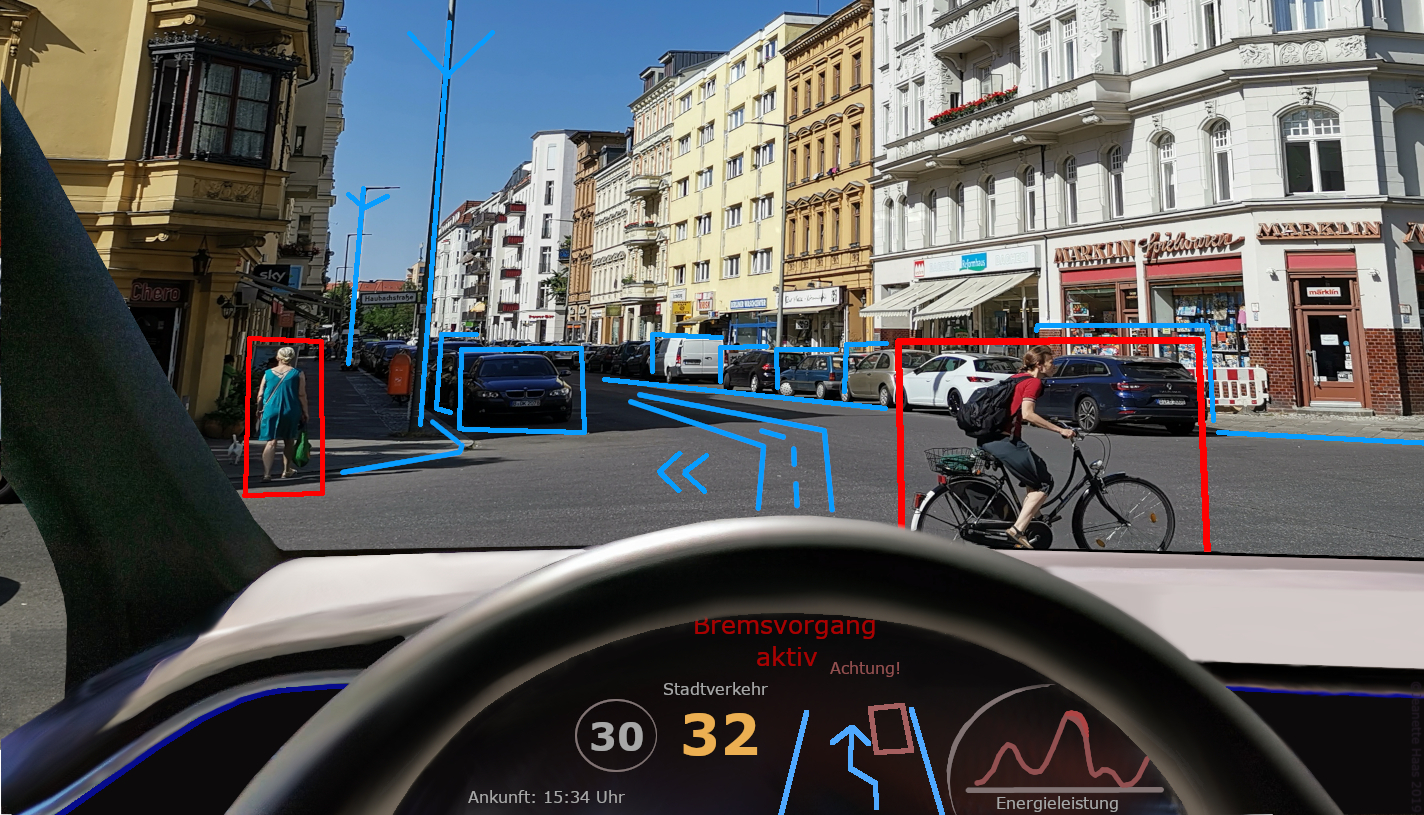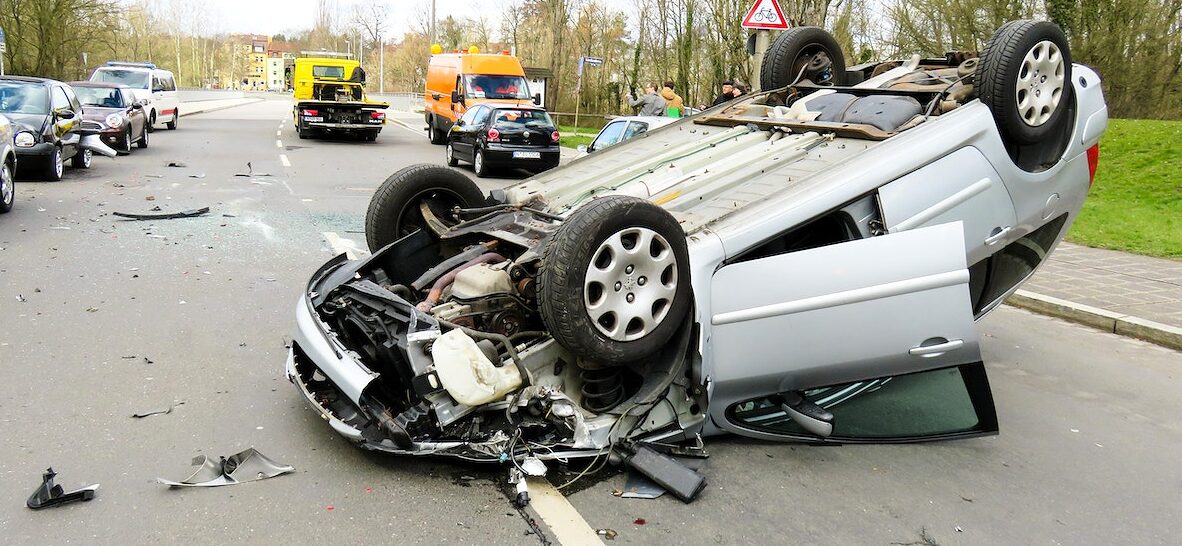
When your vehicle has been involved in a collision, the aftermath can be profoundly unsettling. Beyond the immediate concern for safety, the process of getting your car repaired can feel overwhelming, especially when faced with the myriad of choices and decisions involved in selecting a reputable auto body shop.
Yet, navigating this process doesn’t have to be a source of added stress. By understanding what to look for and, more importantly, what questions to ask, consumers can empower themselves to make informed decisions. This proactive approach ensures that your vehicle receives the quality care it deserves, restoring it to its pre-accident condition safely and efficiently.
This comprehensive guide is designed to equip you with the knowledge needed to engage effectively with potential repair partners. By focusing on critical inquiries, you can confidently evaluate a shop’s competence, transparency, and commitment to customer satisfaction, ultimately leading to a smoother repair experience and lasting peace of mind.

1. **Will I receive a detailed written estimate?**One of the foundational steps in the auto body repair process is obtaining a clear, detailed written estimate. This document, often referred to as a repair plan, serves as a critical blueprint for the work that will be performed on your vehicle. It is essential for transparency and for ensuring that all agreed-upon services and associated costs are explicitly outlined.
This estimate should itemize all anticipated expenses, including the cost of parts, labor rates, and any supplementary fees. Having this detailed breakdown allows you to understand precisely what you are paying for and helps to prevent any unexpected or hidden charges from appearing on your final bill. It acts as a reference point throughout the repair journey.
Moreover, the written estimate provides a valuable document for comparison against the itemized bill you will receive at the completion of the repairs. Should any changes or unforeseen issues arise during the repair process, these modifications should be documented in writing. This ensures you have proper documentation of all alterations, maintaining transparency between you and the repair facility.
For consumers, a binding estimate can offer greater certainty, though some estimates may be subject to change once the repair work commences and additional damage is discovered. Discussing whether the estimate is binding and how the shop handles potential adjustments is a vital part of this initial conversation, ensuring there are no unwelcome surprises when it’s time to settle the bill.
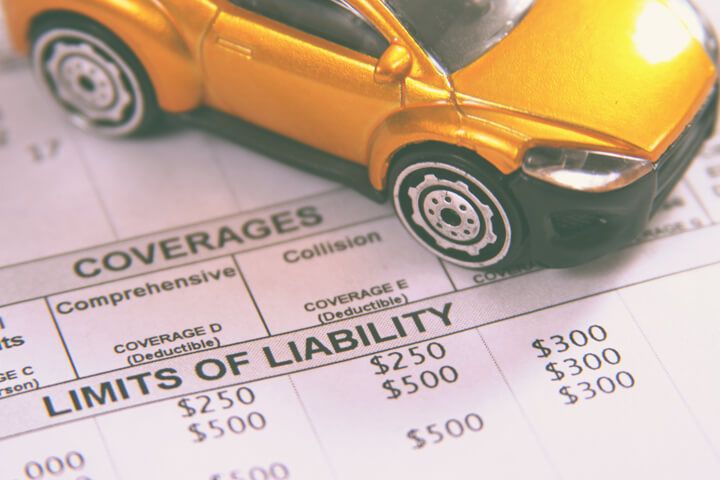
2. **What is your warranty policy on repair work?**A reputable auto body shop should stand behind its work, and a robust warranty policy is a clear indicator of this commitment to quality and customer satisfaction. Understanding the specifics of a shop’s warranty before any work begins is crucial for protecting your investment and providing long-term peace of mind.
When discussing the warranty, it is important to clarify several key aspects. Inquire about the duration of the warranty – how long are the repairs guaranteed? Additionally, ascertain what the warranty specifically covers. Does it encompass both the labor performed and the parts installed, or is coverage limited to certain components or types of work?
Some shops may offer different types or durations of warranties, including lifetime warranties for as long as you own the vehicle, which provides an exceptional level of assurance. You should also ask if the warranty is automatically included with the repair, or if there is any optional coverage available that might extend your protection. All warranty terms, like the initial estimate, should be provided to you in writing.
A comprehensive warranty safeguards you against potential future issues directly related to the recent repair work. If a defect or problem arises due to the repair, the shop should correct it at no additional cost to you, saving you from unforeseen expenses and unnecessary stress in the long run. This protection is a hallmark of a reliable collision repair center.
Read more about: Navigating the Fine Print: The 15 Most Important Questions to Ask About Your Tire Warranty
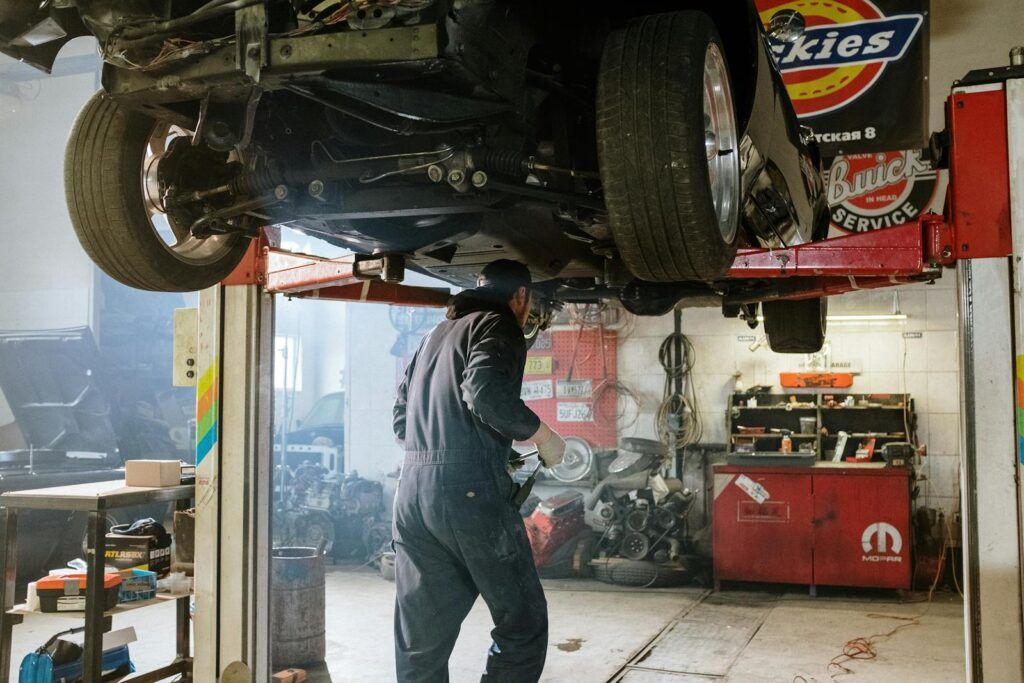
3. **What certifications does your shop and its technicians hold?**When entrusting your vehicle to an auto body shop, you want assurance that skilled, knowledgeable, and continuously trained professionals are performing the work. Certifications for both the shop and its individual technicians serve as concrete evidence of this expertise and commitment to industry standards.
For the shop itself, key certifications often signify a dedication to maintaining high-quality repair practices and equipping the facility with appropriate tools and technologies. One of the most recognized is I-CAR Gold Class, which represents the highest designation for collision repair services. Shops holding this certification undergo annual training and testing, ensuring their technicians are abreast of the newest vehicle makes, models, technologies, and safest repair decisions.
Another important shop certification is S/P2, or Safety and Pollution Prevention. This ensures that auto body repair technicians and staff comply with EPA and OSHA training guidelines, teaching them to recognize workplace hazards and maintain an environmentally compliant and safe shop. AAA approval also vets shops for cleanliness, comfort, proper tools, and continuous satisfaction standards.
Beyond shop-level designations, individual technician certifications are equally critical. Automotive Service Excellence (ASE) certifications are awarded to technicians who pass rigorous exams and have at least two years of relevant work experience. These technicians must retest every five years, guaranteeing their knowledge of current repair processes remains up-to-date. I-CAR Platinum Certified technicians, for example, have undergone rigorous training to ensure cars are fixed correctly the first time.
Furthermore, some repair shops may carry manufacturer certifications. This signifies that the vehicle manufacturer has thoroughly evaluated the team, facility, equipment, and processes, and routinely inspects the facility and rigorously trains technicians to meet specific factory methods and standards. Utilizing shops with these diverse certifications reduces the risk of shortcuts, affecting performance, resale value, or even warranty coverage, and ensures the highest quality and safest repairs are performed.
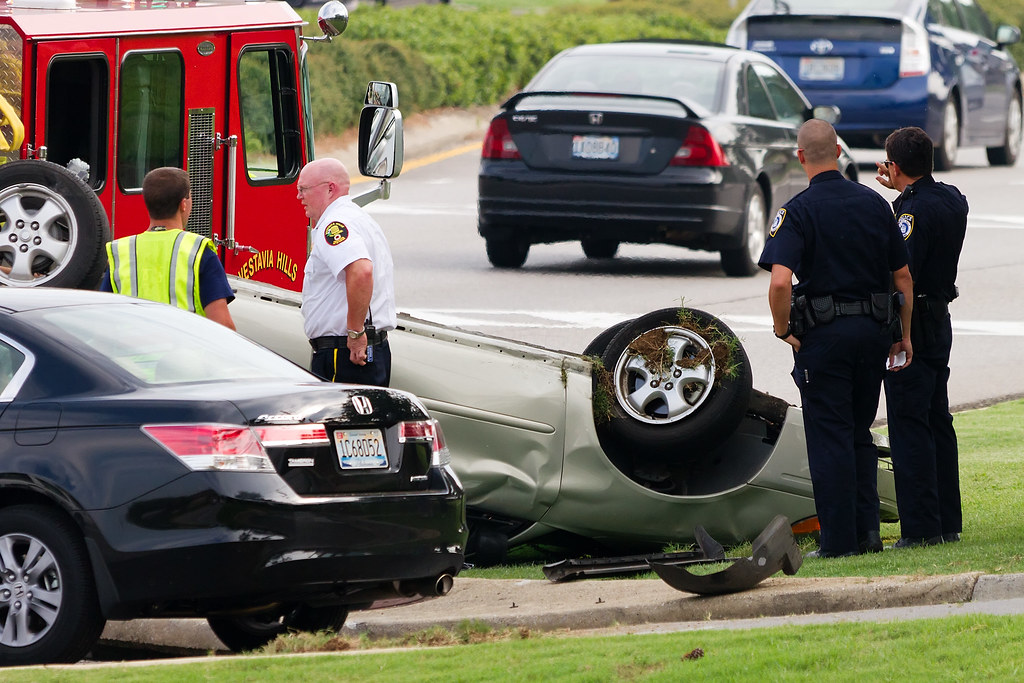
4. **Do you offer rental cars or loaner vehicles, and what are the terms?**Being without your primary mode of transportation after an accident can significantly disrupt your daily routine, making it challenging to commute to work, run errands, or manage other essential activities. Understanding a repair shop’s policies regarding alternative transportation is therefore a critical question to address early in the process.
Many reputable auto body repair shops recognize this inconvenience and offer solutions. Some facilities provide loaner vehicles directly to customers under certain circumstances, offering a temporary replacement car while yours is undergoing repairs. Others have established partnerships with nearby rental agencies, which can facilitate discounted rates or streamlined access to rental cars.
It is crucial to clarify the logistics and terms of any such offering before agreeing to repairs. If a loaner vehicle is provided, inquire about any mileage restrictions, fuel policies, or insurance requirements. For rental cars, understand the billing process and whether the shop can directly coordinate with your insurance provider for coverage, or if you will be responsible for the initial payment.
Additionally, it is wise to review your own car insurance policy ahead of time to understand your rental car coverage. Determine if your insurance will pay 100% of the rental cost or if you will be required to cover a portion. For any rental or loaner agreement, meticulously read the fine print, and consider taking photos of the vehicle both before and after use, along with recording beginning and ending mileage, to prevent any disputes.

5. **How will you work with my insurance company, and do you assist with claims?**Navigating the insurance claims process after an accident can be a complex and often frustrating endeavor. A key question to ask your auto body shop is how they interact with insurance companies and if they provide assistance with processing your claim. Ideally, you want a repair partner that will streamline this communication and take on much of the administrative burden.
Many reputable shops will proactively handle communications with your insurance provider, initiating and facilitating all necessary interactions. This includes submitting their own detailed estimate of repairs to the insurance company and negotiating directly with adjusters on your behalf. This level of service is designed to make the repair and claims process as smooth and efficient as possible for you, the vehicle owner.
It is also important to understand your rights as a policyholder: you are not required to use the auto body shop recommended by your insurance company. If a shop implies otherwise, it could be a red flag. Your insurance company will typically send an adjuster to inspect your car and determine necessary repairs and costs. Your chosen repair shop will then perform the work, potentially providing their own estimate for the insurance company to consider.
Ultimately, either the insurance company will pay you directly to settle the bill with your chosen shop, or they may pay the repair shop directly. Clarifying how the shop typically handles these payment logistics and their involvement in the insurance estimate and payment process will help you better manage communication between all parties and ensure that your claim progresses without unnecessary delays or complications.
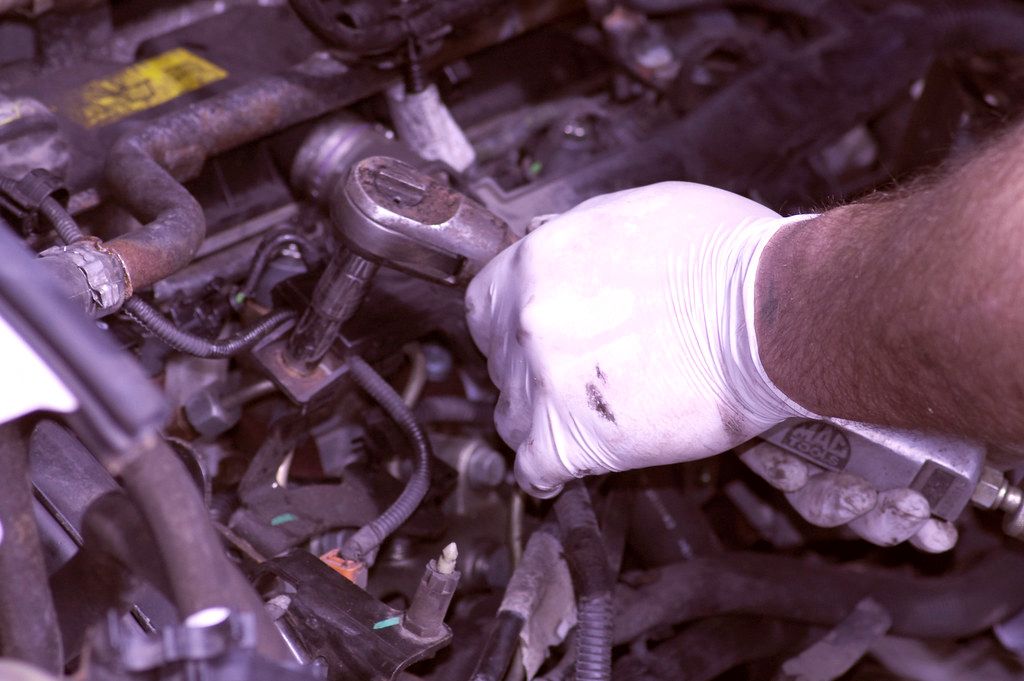
6. **How long will the repairs take, and how will updates be communicated?**One of the most common questions posed to auto body shops is about the duration of the repair process. While everyone desires a swift return of their vehicle, the timeline for collision repairs is rarely a straightforward answer, as it is influenced by a multitude of factors unique to each accident and vehicle. Understanding these variables and how the shop manages expectations and communication is essential.
The length of the repair cycle can be affected by the extent of the damage, the shop’s current workload, and the efficiency of their parts procurement process. Minor repairs might only take a few days, whereas significant structural damage requiring specialized parts could extend the timeline to several weeks. Busy, high-quality collision repair shops often have a strong workload, which can also influence scheduling.
While a precise completion date can be elusive, a reputable repair shop should be able to provide you with a reasonable estimated timeline after their initial assessment. Crucially, they should also clearly explain their protocol for communicating any changes to this timeline if unforeseen issues, such as delays in parts shipping or additional damage discovery, arise. Variables like global supply chain issues or specific safety precautions, as seen with events like COVID-19, can also impact repair duration.
Beyond just the timeline, establishing how you will receive updates throughout the repair process is vital for managing your expectations and making necessary arrangements. Ask the shop about their preferred communication methods—will they use phone calls, text messages, or email? Inquire about the frequency of these updates, ensuring you remain informed without having to constantly reach out. Establishing these communication expectations early, ideally during your initial contact or vehicle drop-off, helps ensure a transparent and less stressful experience.


